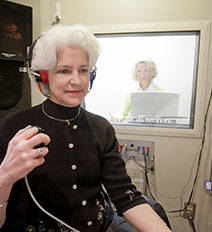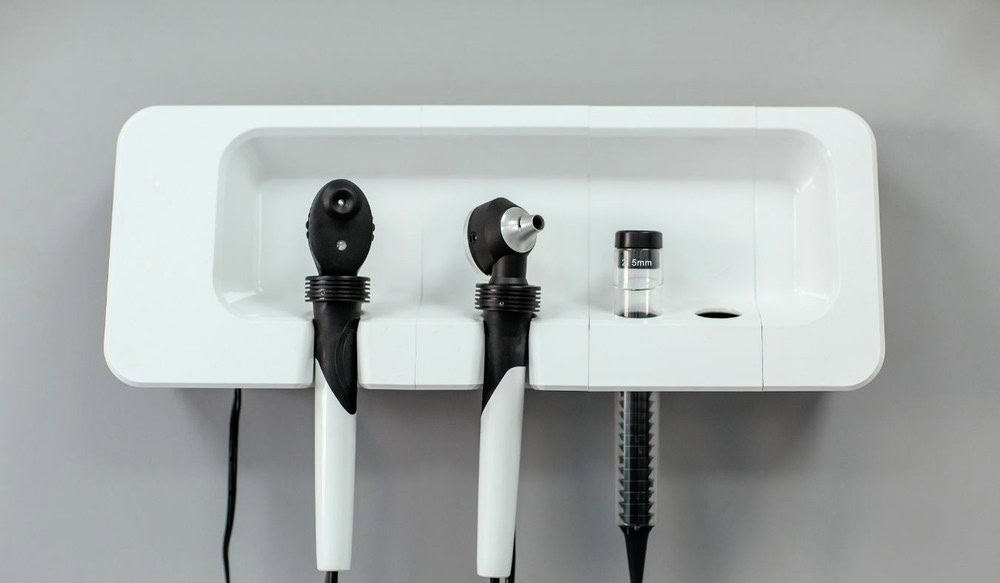The Benefits of Biometric Feedback in Hearing Aids
Your hearing aids already do so much more than just help you hear better


Your hearing aids already do so much more than just help you hear better

Hearing aids have changed significantly over the years. In the past, they

Recognizing signs of hearing loss in everyday life can lead to important